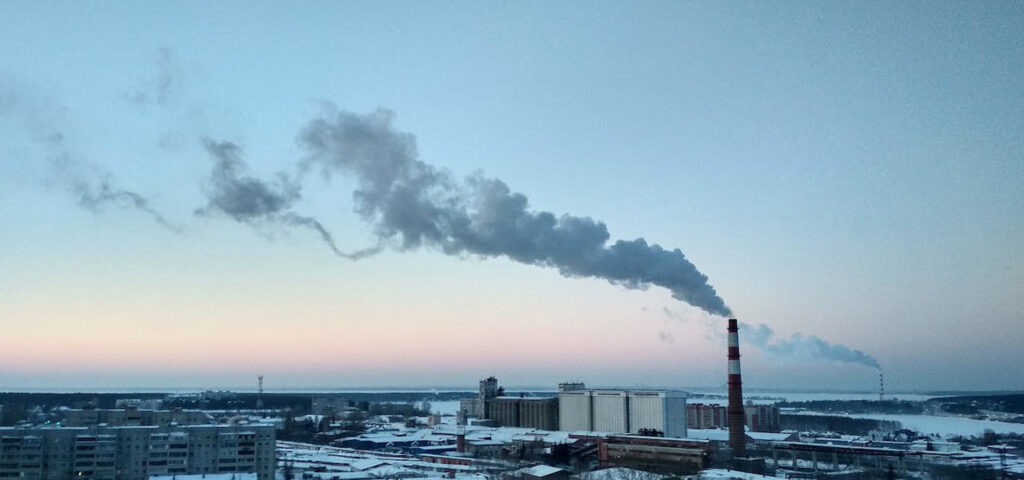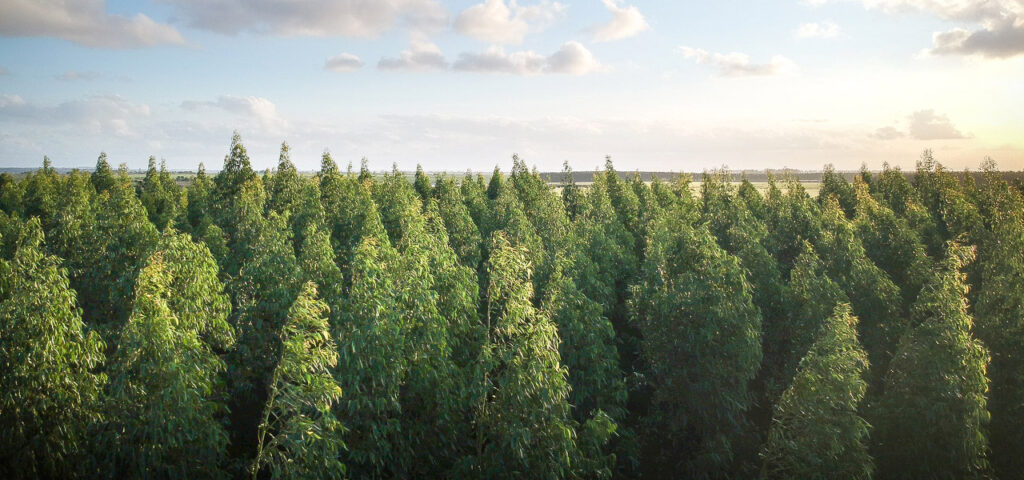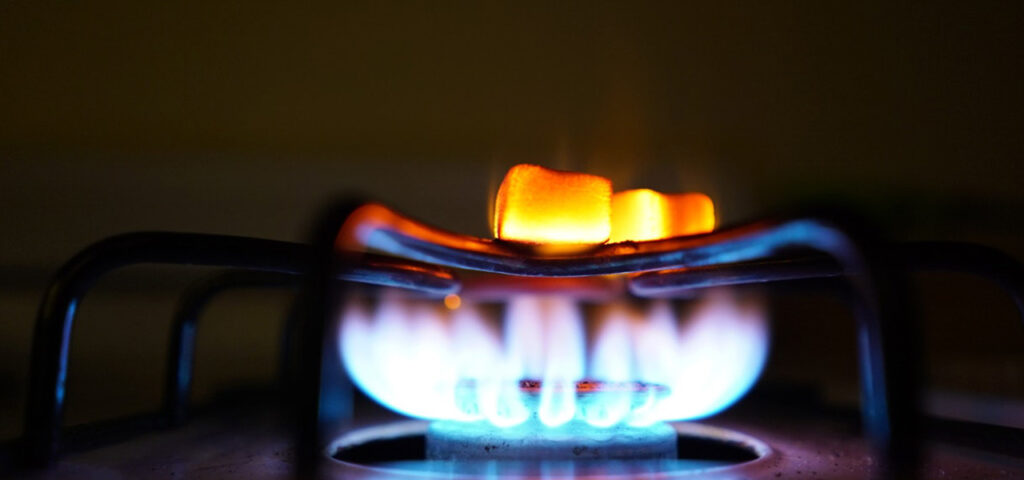When carbon meets blockchain
The world is trying to meet the 2050 deadline of achieving net-carbon neutrality set by the UN roadmap. Therefore, the carbon credit marketplace offers unrivaled potential for cooperation on a larger scale to tackle climate change. In 2021, worldwide carbon growth rose by 164% and reached an industrial value of $851 billion. The governments and …






